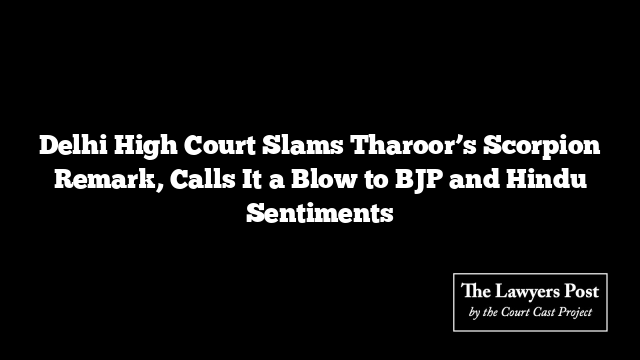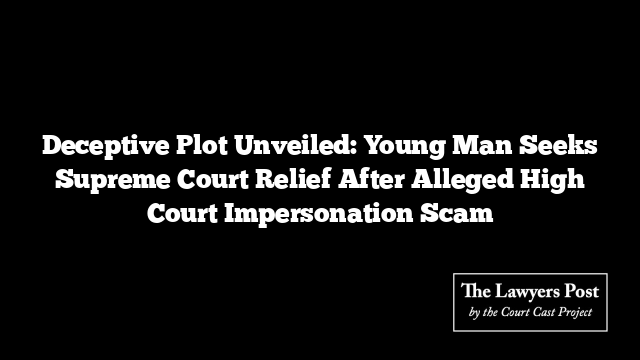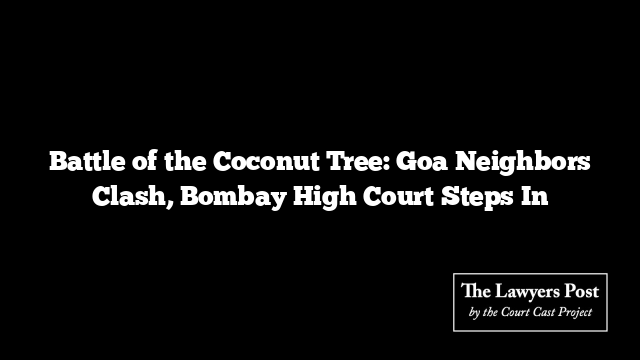In a ruling that reverberated through political circles, the Delhi High Court criticized Congress leader Shashi Tharoor’s controversial analogy comparing Prime Minister Narendra Modi to a scorpion on a Shivling. The court declared the remark as defamatory, stating it not only tarnished Modi’s reputation but also cast a shadow on the Bharatiya Janata Party (BJP), the Rashtriya Swayamsevak Sangh (RSS), and their members.
Justice Anoop Kumar Mendiratta, who presided over the case, emphasized that such comments, directed at a sitting Prime Minister, were “despicable and deplorable.” He noted that the impact of these words extended beyond the individual to the broader image of the party, its members, and its functionaries.
The court also highlighted that Tharoor’s statement had the potential to offend Hindu sentiments, given the religious symbolism involved. According to the judgment, the insinuations against Modi, as the legislative head of a political party and the Prime Minister of India, could not be taken lightly, especially as they influence public perception and the electoral process.
Tharoor’s defense, which argued that BJP leader Rajiv Babbar—who filed the defamation suit—had no personal stake in the matter since the remark wasn’t aimed at him directly, was rejected by the court. The judge clarified that the trial would address whether Tharoor’s comment was made in good faith, as claimed by his legal team.
The High Court dismissed Tharoor’s attempt to quash the defamation case, affirming that when a group or association is defamed, any member of that group has the right to seek legal recourse under Section 500 of the Indian Penal Code. The ruling asserted that if a well-defined class is defamed, every member of that class is entitled to file a complaint.
The legal battle saw heavyweight representation on both sides, with Tharoor’s team led by Senior Advocate Kapil Sibal, and Babbar represented by Senior Advocate Pinky Anand.





